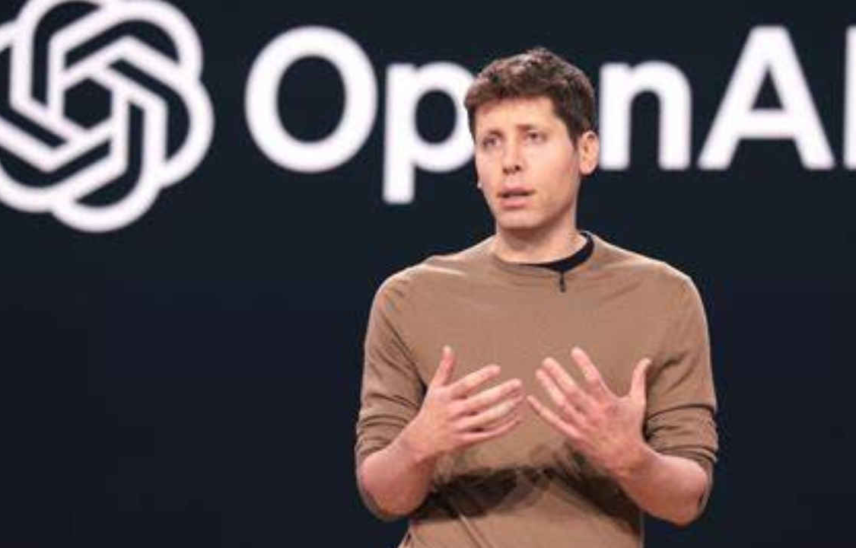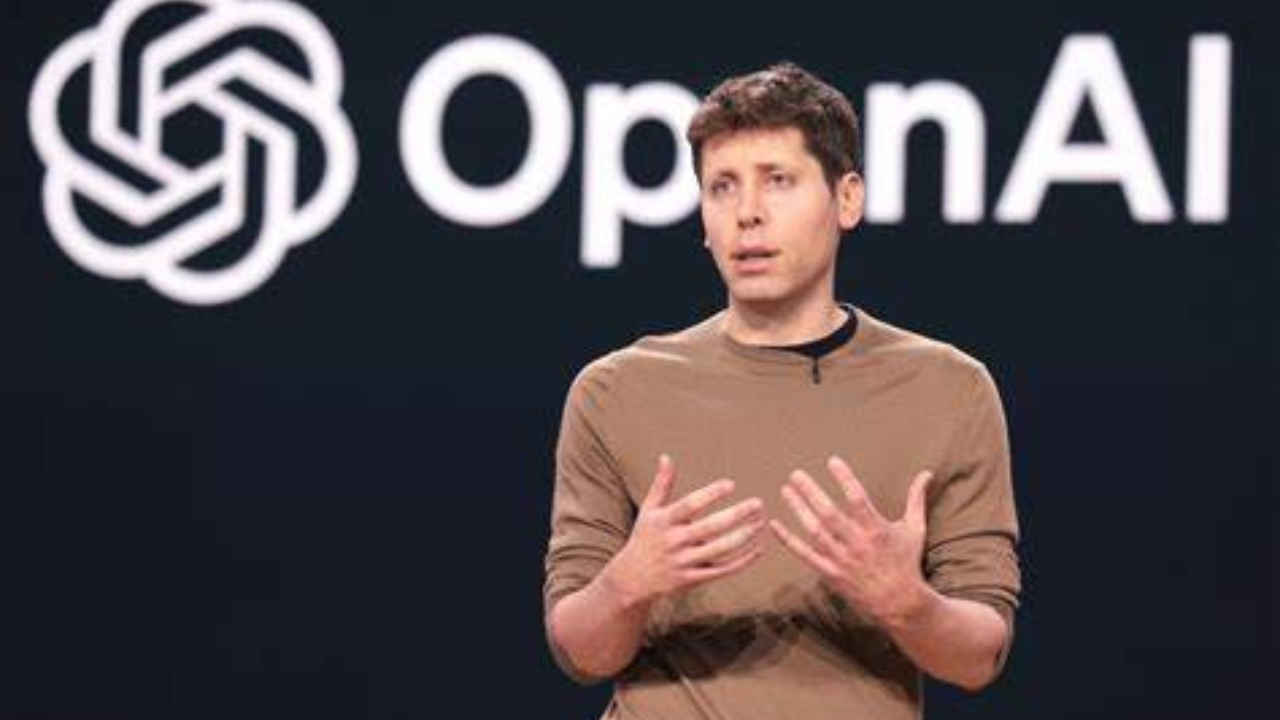
- Home
- Managed Services
- Cyber Security
- Blog
- About Us

We 365 Admin Support, just simplify your IT problems
Call for a free support. +91 96666 59505Platform Partnership
- Who We Help
- Shop
- Contact
- News






HIGHLIGHTS
Table of Contents
ToggleA new report issued by the US Federal Trade Commission (FTC) has brought to light significant apprehensions regarding the effects of collaborative partnerships among dominant tech corporations, including Microsoft, and AI innovators such as OpenAI, on the competitive dynamics of the artificial intelligence industry. This document cautions that such joint ventures could potentially place smaller firms at a disadvantage and hinder ongoing innovation in this rapidly evolving sector.
The FTC identifies a particular concern surrounding anti-competitive behaviors resulting from substantial financial arrangements between major technology players and AI developers. While these alliances often lead to remarkable technological improvements and advancements, they may also erect obstacles that could impede fresh, independent participants from effectively competing in the marketplace.
For further insights, check out this article: Accident or cover-up? OpenAI allegedly deletes potential evidence in copyright case
One of the primary issues discussed in the FTC report is the concern of “lock-in” effects that can arise. This condition occurs when AI developers become excessively reliant on a single cloud service provider for critical resources—such as processing power and data storage. Such dependence could make transitioning to alternative platforms or employing multiple services exceptionally difficult. This rigidity may curtail innovation and limit growth prospects for smaller AI startups that might not have the resources to navigate such constraints.
The report further underscores the dangers associated with the exchange of sensitive information between cloud service providers and AI developers. This data sharing might encompass AI development methodologies, customer insights, and even proprietary financial information. If one organization secures exclusive access to these critical datasets, it could achieve a significant competitive edge over its rivals. Consequently, smaller entities might find it increasingly challenging to compete on a level playing field, which could lead to a decrease in competition and a slowdown in the rate of innovation in the field.
For a related case, see: ANI sues OpenAI over using its content for training ChatGPT models
In response to the scrutiny, Microsoft, which has secured an exclusive partnership to host OpenAI’s AI models on its Azure cloud infrastructure, has come to the defense of its collaborative efforts. Rima Alaily, Microsoft’s deputy general counsel, emphasized that their partnership has fueled revolutionary advancements in AI technologies and facilitated substantial investments in this domain. She characterized OpenAI as one of the most successful AI startups on a global scale.
Notwithstanding Microsoft’s assurances, the FTC maintains a cautious perspective. The report highlights the critical necessity for regulatory bodies to meticulously oversee these alliances to ensure they do not undermine competition or engender an unequal competitive landscape within the AI industry.